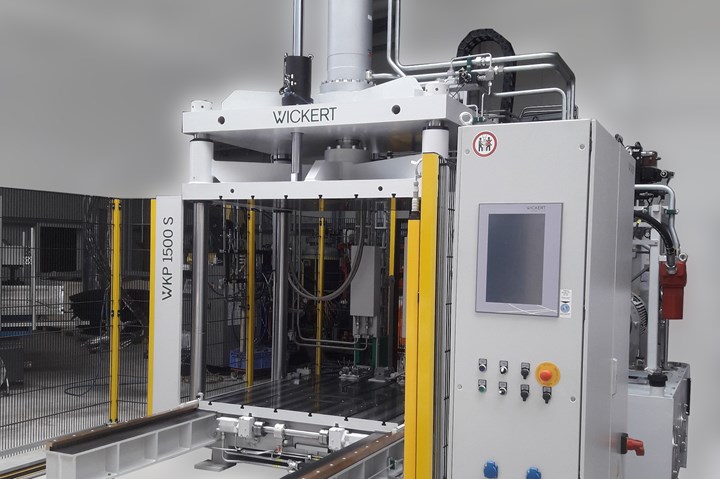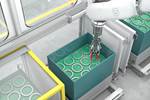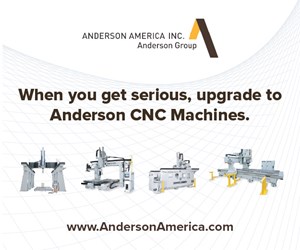Wickert pivots to all-round composites manufacturing provider
The press manufacturer offers customers a single-source for highly productive composite processing from concept to press system.

Roof linings for passenger cars are produced on Wickert presses like this WKP 1500 S, in some cases also using composites which include natural fiber-reinforced plastics (NFRP) Photo Credit: Wickert.
Customized press manufacturer Wickert Maschinenbau GmbH (Landau, Germany) announced on June 8 that the company is transitioning to become an all-round provider for composites manufacturing. The pivot is a reaction to the increasing demand for supplementary services revolving around the planning and development of press systems.
Wickert says these new services range from component development, to concept and feasibility studies, as well as overall planning and general contracting for complete production lines, including turnkey solutions. In this way, Wickert wants to offer its customers highly productive composite processing from a single source.
The composite specialist expects to see new stimulus for growth from the increasing level of automation in production and the increased desire for greater system flexibility with the use of additional injection units. Furthermore, the company is anticipating a future rise in thermoplastic processing and has also identified potential in the use of natural fibers and natural resins. Wickert believes it is well positioned to serve all four trends.
As Steve Büchner, sales and project manager at Wickert explains, assistance is important even in the early phase of component development and in the implementation of feasibility studies, due to the fact that engineering resources are sometimes scarce for composite manufacturers: “Thanks to our experience in manufacturing, we are able to provide valuable advice in these early stages,” he says.
Wickert is now putting this know-how to good use by independently offering all-in-one systems, Büchner explains. “We know which supplementary components meet our high-quality standards and how we can integrate these in perfect harmony.” This insight means that the company is also able to offer turnkey solutions to interested parties, all without having to expand the company’s own product range.
For example, the company’s own development department reportedly provides assistance in the planning of entire systems and designs individual concepts for automation and customized solutions. This allows the systems to be implemented with fully automated production. “We are also able to link up presses and peripheral components with other parts of the system and the primary process control systems in line with a Smart Factory,” Büchner says.
“We know which supplementary components meet our high-quality standards and how we can integrate these in perfect harmony.”
Following the trend of increasingly flexible composite presses via additional modules, Wickert notes that, even today, its presses can be extended by additional modules for injection processes such as resin transfer molding (RTM) and reaction injection molding (RIM), as well as polyurethane injection units.
Further, while Wickert notes that natural materials can already be processed on Wickert presses, the company believes that the success of natural-fiber-reinforced plastics (NFRP) using fibers such as flax, hemp, jute, sisal and kenaf as well as natural resins with a vegetable oil base will depend on broad acceptance among customers.
Related Content
-
Creating a culture of excellence in aerocomposites
ST Engineering MRAS discusses the importance of addressing human factors to reduce separator inclusion in bonded structures.
-
Women in the Composites Industry brings together women for networking, educational opportunities
Aiming to support the growth of women in this industry, the WCI industry group and its partners recently held its first live training event hosted by Owens Corning.
-
The importance of resin mixing procedures in the composites shop
What is considered to be common knowledge when storing, handling, weighing, mixing and deploying epoxy resins and adhesives has brought to light the need for tighter control, improved practices.










.jpg;maxWidth=300;quality=90)



